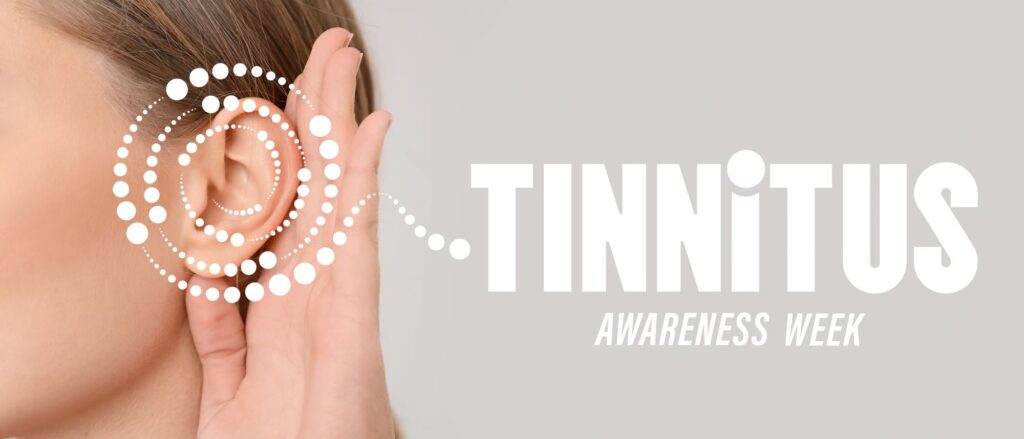Every year in the first week of February a campaign is held to raise awareness of Tinnitus, a condition characterized by the perception of ringing or buzzing in the ears.
According to statistics, tinnitus occurs in about 10-15% of the adult population, while men and women suffer from tinnitus almost equally often. About 25% of patients complain that such noise prevents them from doing their usual things, while 3-5% of them note that tinnitus significantly worsens their well-being.
The most common cause of tinnitus is a lesion of the ear, namely the cochlea of the inner ear. In this case, the patient constantly hears intense, often high-frequency, noise, which increases in silence and due emotional tension. It can sound from one/two sides or in the whole head. The sound often changes: the ringing can turn into a squeak, a squeak into a rustle, etc.
If the cause of tinnitus is psychogenic factors, the sound increases in stressful situations, emotional excitement, fatigue, headache, in silence and after a sleepless night. Since the beginning of the COVID-19 pandemic, the psychogenic nature of tinnitus has become one of the most common causes.
Tinnitus is treatable and manageable. As a rule, treatment and adaptation take from 3 months to 1.5 years. At the same time, the success of treatment directly depends on how soon it was started.
Even with minor tinnitus, it is important to consult a doctor and start therapy to prevent deterioration.
